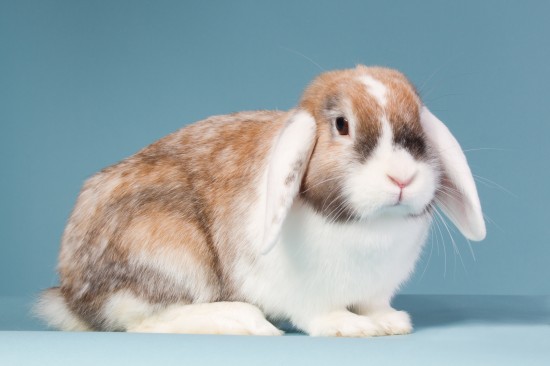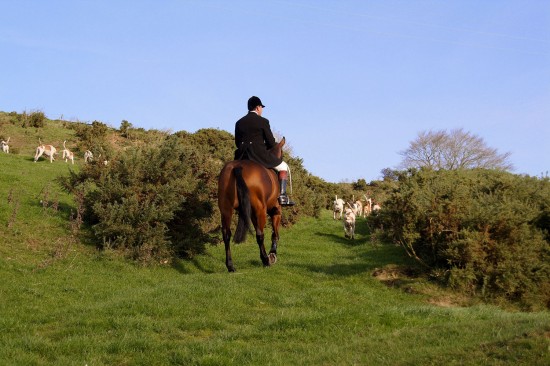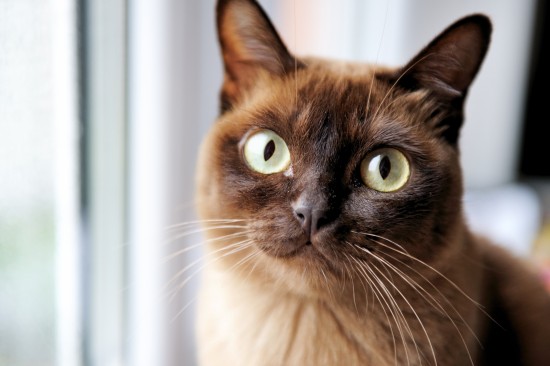
Hypertrophic osteodystrophy is an extremely painful disease of the bone that usually affects large breeds such as Great Danes, German Shepherd, Retrievers and Weimaraners. If you are an owner of Weima...
Hypertrophic osteodystrophy is an extremely painful disease of the bone that usually affects large breeds such as Great Danes, German Shepherd, Retrievers and Weimaraners. If you are an owner of Weimaraners, knowing facts, treatment and prevention of this disease is an aid in keeping your beloved gray ghost in good condition.
Hypertrophic Osteodystrophy or HOD is known in other names such as skeletal scurvy, Moller-Barlow's disease, osteodystrophy II and metaphyseal dystrophy. Apart from large breed dogs, this disease also affects young and rapidly growing dogs. It may occur to puppies two to seven months old. The causes of the disease are not currently known but it has been speculated to include decreased vitamin C, excessive vitamin other than vitamin C, increased mineral, infection with canine distemper and excessive calcium supplementation.
HOD shows up as a severe lameness and pain affecting multiple limbs. Weimaraners troubled with this disease may show reluctance to move and may refuse to stand up at all. Depression, loss of appetite, lethargy as well as fever may be experienced. Fever may not manifest in the early stage of the disease but may rise as high as 106 degrees as the disease progresses. Some symptoms resolve on their own, some causes permanent structural damage and some die from this disease.
In most cases, diagnosis is based on the history, symptoms, physical exam and confirmed by x-rays. This disease may go away on its own but since Weimaraners are affected with the severe form, immediate treatment is necessary. Treatment of HOD is supportive. It usually consists of anti-inflammatories and painkillers such as aspirin, carprofen, butazolidin, etodolac and arquel. Give proper amount of liquid and nutritious diet that is low in calcium. The dog is placed on an adult or large breed growth diet and over-supplementation with vitamins and minerals is discontinued. Good nursing care and rest on a comfortable warm bed is recommended. Some dogs will just lie down and may not be willing to move so it is important to keep them moving to prevent bedsores.
To prevent this disease, high-calorie diets should not be given to large or giant breed dogs. Over supplementation of vitamins and minerals should as well be avoided because they do more harm than good. Vaccine should be administered however, modified live vaccine should not be given to Weimaraners. Instead of modified live, killed virus vaccines should be administered instead to prevent HOD.
Article Tags: Hypertrophic Osteodystrophy
 Six Health Essentials That You Should Monitor In Your Kittens First Few Weeks Of Life
Six Health Essent
Six Health Essentials That You Should Monitor In Your Kittens First Few Weeks Of Life
Six Health Essent
 Septic Arthritis In Rabbits Explained
Septic Arthritis
Septic Arthritis In Rabbits Explained
Septic Arthritis
 Adopt A Shelter Pet – What Steps Do You Need To Take?
If you and your family are looking to adopt a new pet for yo
Adopt A Shelter Pet – What Steps Do You Need To Take?
If you and your family are looking to adopt a new pet for yo
 Introduction To Drag Hunting
Introduction To D
Introduction To Drag Hunting
Introduction To D
 Burmese Cat Health And Genetics
Burmese Cat Healt
Burmese Cat Health And Genetics
Burmese Cat Healt
Copyright © 2005-2016 Pet Information All Rights Reserved
Contact us: www162date@outlook.com